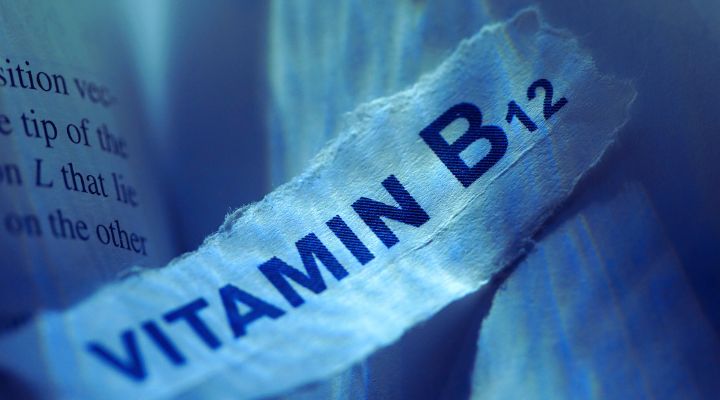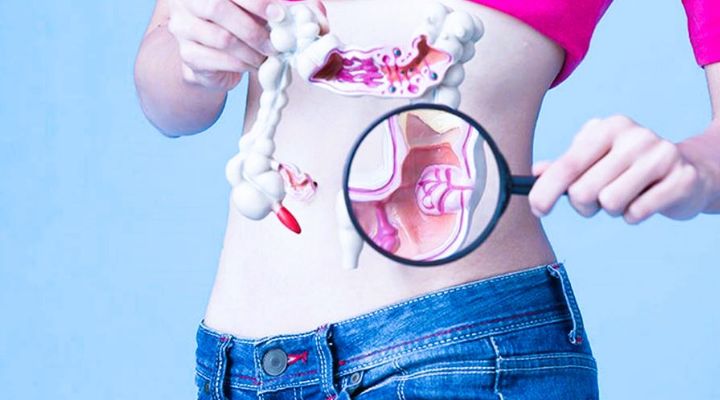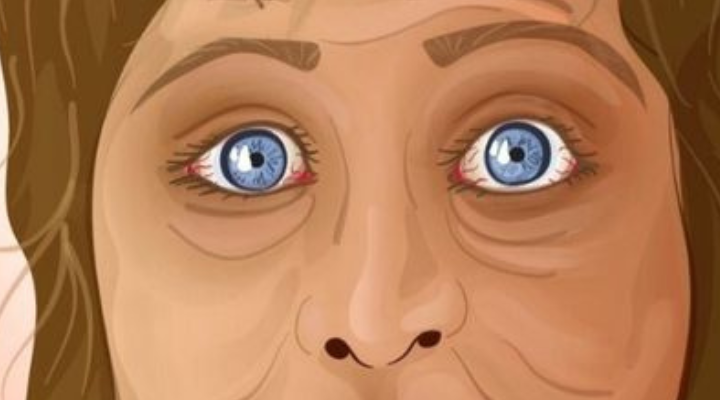Vitamin B12, also known as cobalamin, is a critical nutrient that plays an essential role in various bodily functions. From red blood cell formation to neurological health, Vitamin B12 is indispensable. Despite its importance, Vitamin B12 deficiency is often overlooked or misdiagnosed due to its subtle and wide-ranging symptoms. Here, we delve into the top 10 symptoms of Vitamin B12 deficiency that most people ignore.

1. Fatigue and Weakness
One of the earliest and most common symptoms of Vitamin B12 deficiency is persistent fatigue. As Vitamin B12 is crucial for the production of red blood cells, a deficiency can lead to anemia, reducing the oxygen supply to your organs. This can make you feel unusually tired and weak, even after a good night’s sleep. If you find yourself constantly feeling drained without a clear reason, it may be time to check your Vitamin B12 levels.
2. Numbness and Tingling Sensation
To keep the neurological system functioning properly, vitamin B12 is essential. A deficiency can lead to nerve damage, manifesting as a tingling or numbness sensation, particularly in the hands and feet. This sensation, often described as “pins and needles,” occurs because Vitamin B12 is essential for producing myelin, a protective sheath that covers nerves. Without sufficient Vitamin B12, myelin is not adequately produced, leading to nerve damage and the associated symptoms.
3. Cognitive Impairment and Memory Loss
Are you frequently forgetting things or struggling to focus? Cognitive decline and memory loss are symptoms that are often attributed to aging but could also be indicative of a Vitamin B12 deficiency. This nutrient is crucial for brain health, and its deficiency can lead to confusion, difficulty concentrating, and even more severe cognitive issues like dementia. Early diagnosis and treatment are key to preventing irreversible damage.
4. Shortness of Breath and Dizziness
Due to its role in red blood cell production, Vitamin B12 deficiency can lead to anemia, which may cause shortness of breath and dizziness, especially during physical activity. These symptoms occur because your body is not receiving the oxygen it needs to function optimally. If you frequently experience breathlessness or light-headedness, it’s important to consider whether a lack of Vitamin B12 might be the underlying cause.
5. Pale or Jaundiced Skin
A pale or yellowish tint to your skin could be another sign of Vitamin B12 deficiency. This occurs because the deficiency affects the production of red blood cells, leading to a condition called megaloblastic anemia. In this condition, the red blood cells produced are large and fragile, breaking down easily and causing a release of bilirubin, a yellow pigment, into the bloodstream. This pigment can give your skin a pale or jaundiced appearance.
6. Mood Changes and Depression
Vitamin B12 is crucial for the production of neurotransmitters like serotonin and dopamine, which regulate mood. A deficiency in Vitamin B12 can lead to mood swings, irritability, and even depression. Several studies have linked low levels of Vitamin B12 with an increased risk of depression, particularly in older adults. If you’re experiencing unexplained changes in mood, it might be worth exploring whether a Vitamin B12 deficiency is a contributing factor.
7. Vision Problems
Blurred or disturbed vision can also be a sign of Vitamin B12 deficiency. This occurs when the optic nerve becomes damaged due to inadequate Vitamin B12 levels. Known as optic neuropathy, this condition can impair your vision and even lead to vision loss if left untreated. Fortunately, with proper Vitamin B12 supplementation, vision problems related to deficiency are usually reversible.
8. Glossitis and Mouth Ulcers
Your mouth can provide significant clues to your nutritional status. Glossitis, characterized by an inflamed, red, and swollen tongue, is a common symptom of Vitamin B12 deficiency. This condition can make your tongue appear smooth, as the tiny bumps on your tongue, known as papillae, stretch out and disappear. In addition to glossitis, you might also experience mouth ulcers or a burning sensation in your mouth and tongue, both of which are linked to low Vitamin B12 levels.
9. Heart Palpitations
Heart palpitations, or the feeling of an irregular or racing heartbeat, can be alarming and are sometimes linked to Vitamin B12 deficiency. When your body lacks this essential nutrient, it struggles to produce healthy red blood cells, leading to anemia. This can put extra strain on your heart as it tries to pump more blood to compensate for the reduced oxygen-carrying capacity, resulting in palpitations.
10. Difficulty Walking and Balance Issues
Over time, a severe Vitamin B12 deficiency can cause damage to the nervous system, affecting the way you walk and your overall balance. This can manifest as ataxia, which is characterized by difficulty with coordination and maintaining your balance. If left untreated, this could become a permanent issue, making early detection and treatment crucial.
Conclusion
Vitamin B12 deficiency is more common than many people realize, and its symptoms can often be mistaken for other conditions. From fatigue and cognitive decline to nerve damage and vision problems, the wide range of symptoms makes it critical to recognize and address the deficiency early. Regular check-ups and maintaining a balanced diet rich in Vitamin B12 can help prevent these symptoms and ensure your overall health remains optimal.





